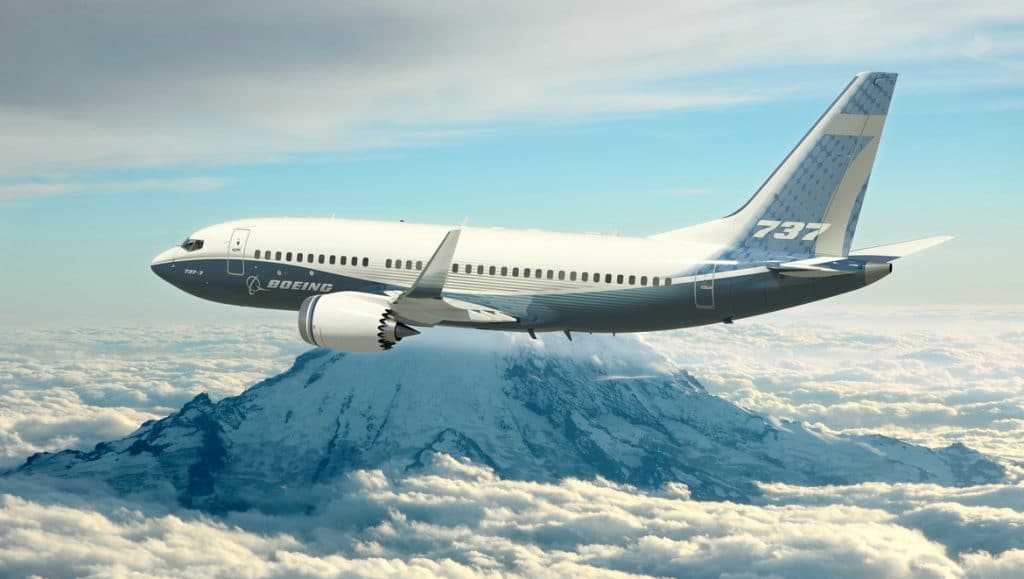
The US Federal Aviation Administration (FAA) has provided an update on the recertification progress of Boeing’s plagued 737 MAX, stating that the plane could return to the skies by October.
According to a statement released by the FAA on Tuesday, the organisation plans to issue its proposed airworthiness directive for the grounded plane “in the near future”, with officials close to the matter anticipating the plane will be recertified for commercial use by October.
The upcoming airworthiness directive will reportedly address Boeing’s design changes, which have been in the works since the plane was grounded in May 2019.
At that time, it came to light that the 737 MAX’s flight control system was found to be at the heart of two fatal crashes, killing a total of 346 people.
The upcoming airworthiness directive will also detail new proposed procedures for flight crew and personnel “to mitigate the safety issues” identified in both the fatal crashes.
According to the FAA, once the directive is finalised and published, there will be a 45-day period for public comment on the matter.
After this point, it will likely take a number of weeks for comments to be reviewed and included into the final report.
FAA administrator Stephen Dickson, a former Delta Air Lines pilot, stated that the MAX is unlikely to receive full certification for a return to commercial services until at least mid-October.
“The agency continues to follow a deliberate process and will take the time it needs to thoroughly review Boeing’s work,” the FAA said.
“We will lift the grounding order only after FAA safety experts are satisfied that the aircraft meets certification standards.”
While the update shows clear progress in the recertification process, and the push for the 737 MAX’s return to the air, the FAA stated that a “number of key steps remain” in the process before the grounding order can be reversed.
Among these steps will be the finalisation of new pilot training procedures, which are due to be jointly reviewed by the FAA and regulators from Europe, Canada and Brazil.
The update comes just weeks after the FAA and Boeing completed three days of flight testing on the 737 MAX, a major milestone in the recertification of the troubled plane.
Boeing has stated that it expects to re-start deliveries of the 737 MAX on 30 September, in anticipation of its recertification.
Meanwhile, Boeing spokesman Gordon Johndroe said the schedule for the jet’s return to service will be determined by regulators.
“Boeing is working closely with the FAA and other international regulators to meet their expectations as we work to safely return the 737 MAX to service,” Johndroe said.
To date, the bungled flight system of the plane has cost Boeing over US$18 million, halted production and significantly impacted its delivery schedule, all of which have been only further exacerbated amid the COVID-19 aviation downturn.
Background
The Boeing 737 MAX was grounded around the world in May last year, following two fatal crashes, one being Lion Air flight 610 and the other Ethiopian Airlines flight 302.
Both incidents occurred within just five months of each other, with civil aviation authorities around the globe ordering the plane to be grounded following the second incident.
Combined, the crashes resulted in the death of 346 people, everyone on board both planes, raising concerns over the type’s new Maneuvering Characteristics Augmentation System (MCAS), which investigators stated appeared to be at the heart of both accidents.
According to reports, faulty data from a single sensor in the MCAS resulted in the flight control system forcing the planes into a nosedive, which the pilots were unable to manually override.
Pilot unions argued that flight crew were not properly informed about the new system, or trained on how to use it.
Since then, Boeing has been working on developing software changes to the MCAS, as well as investing in further training for future flight crew.











